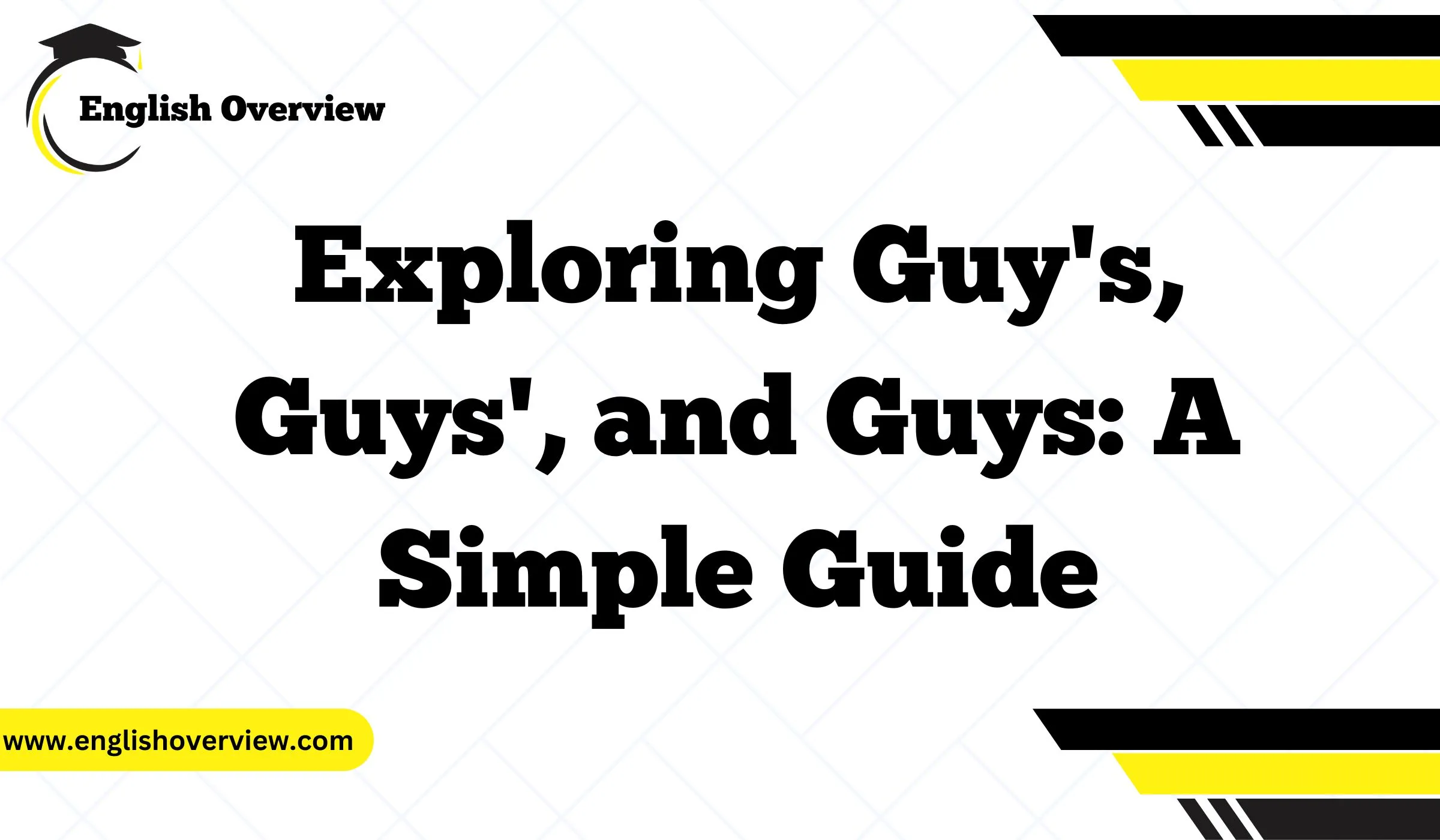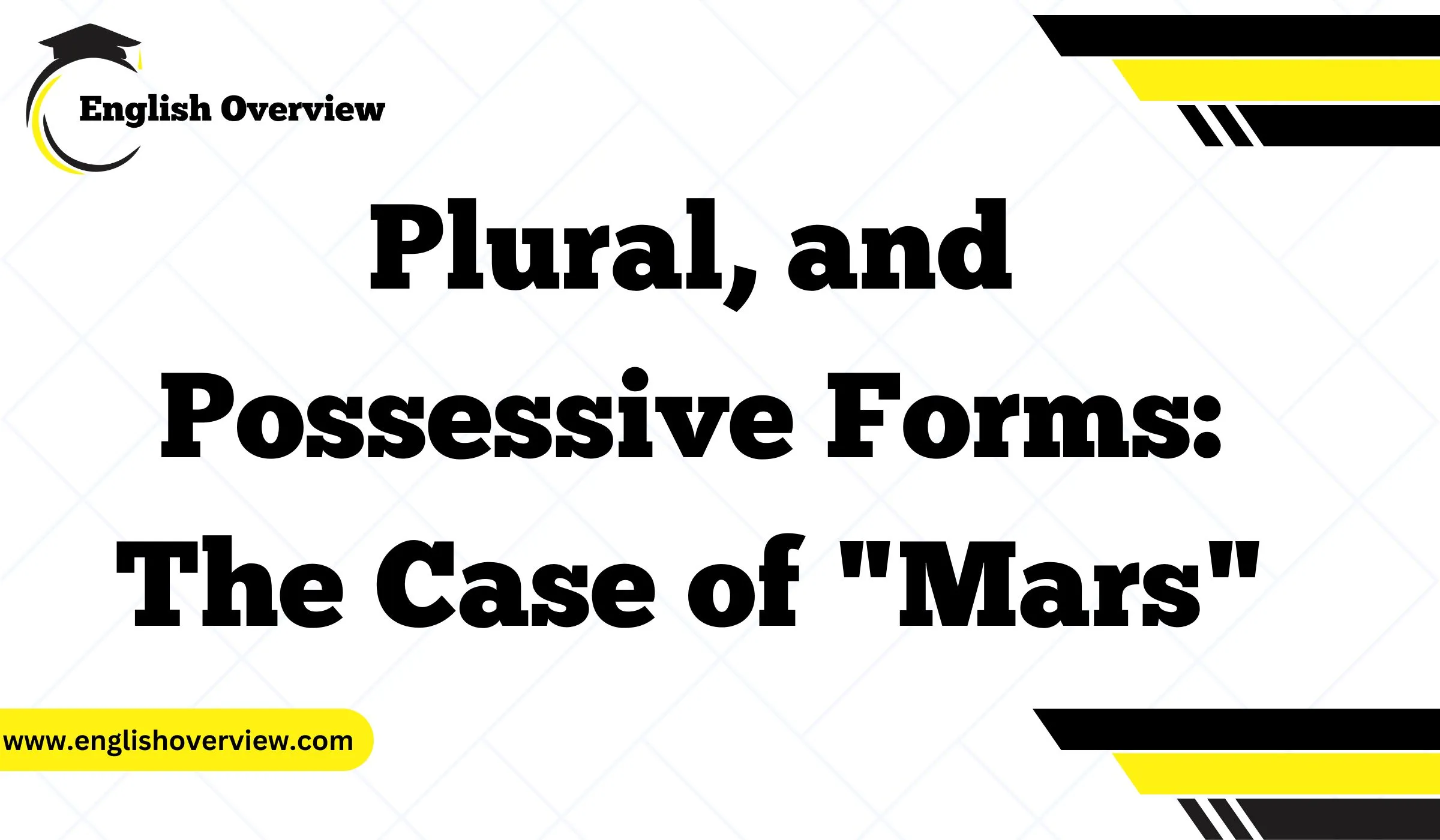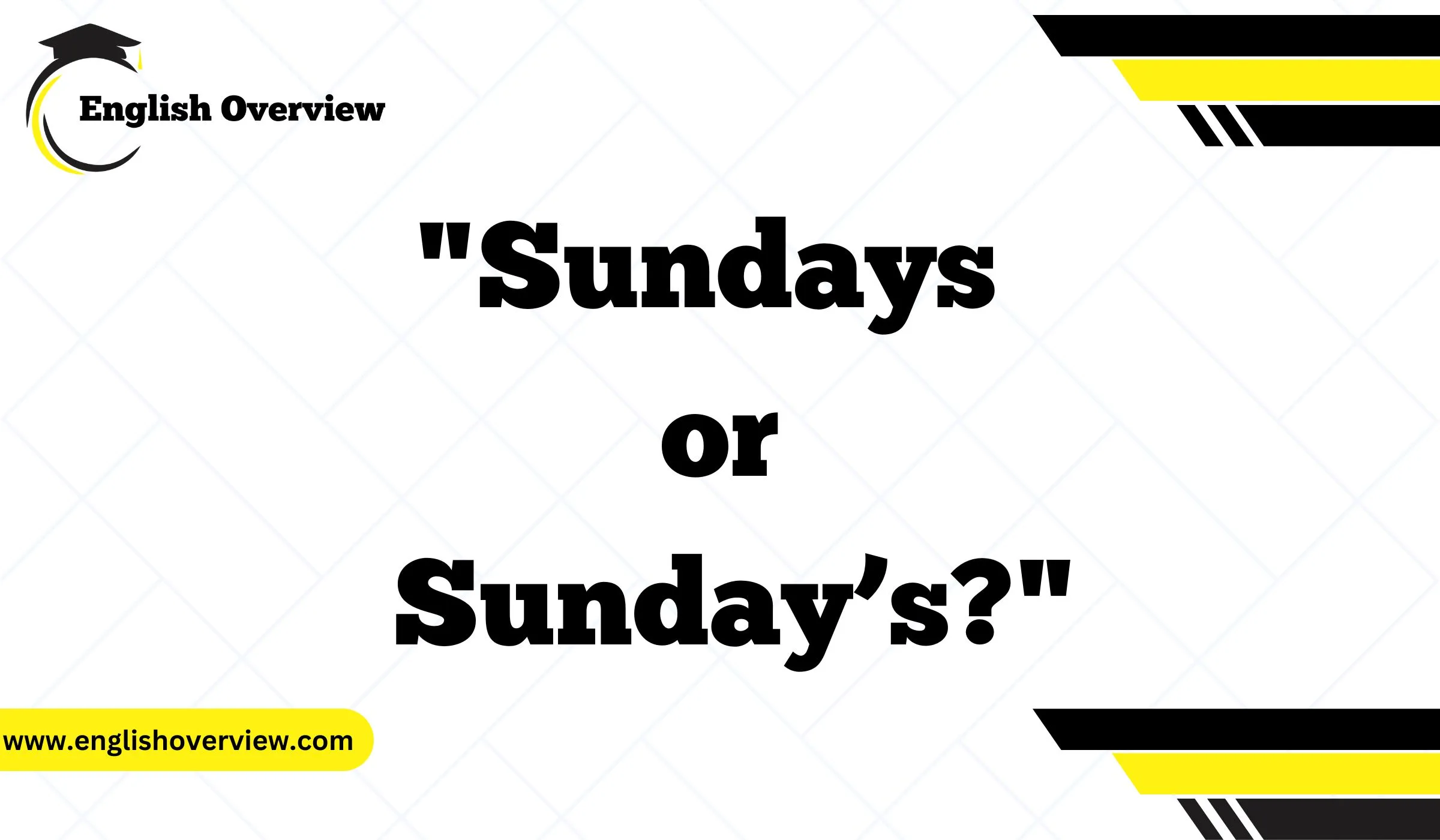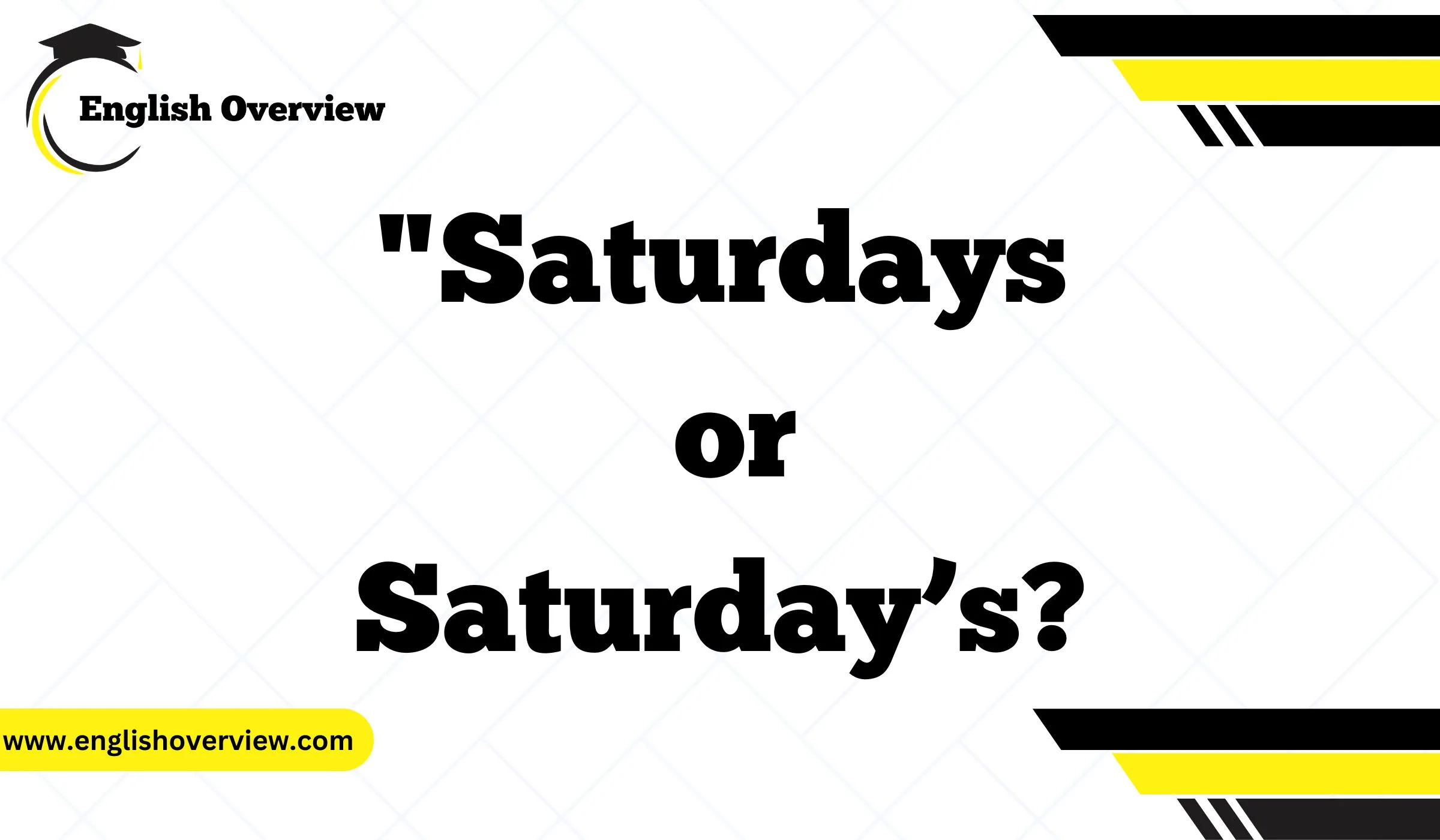Mastering John’s, Johns’, and Johns: A Simple Guide

Navigating through the English language can sometimes feel like walking through a maze, especially with possessive forms and plurals. Today, ...
Read more
Exploring Guy’s, Guys’, and Guys: A Simple Guide

Understanding the difference between “Guy’s,” “Guys’,” and “Guys” can be a bit tricky, but it’s crucial for mastering the nuances ...
Read more
Understanding “Hero’s”, “Heroes’”, and “Heroes”

When talking about heroes, it’s easy to get tangled up in how to spell or use “Hero’s”, “Heroes’”, and “Heroes” ...
Read more
Understanding Singular and Plural Possessives: The Case of “United States”

When it comes to English grammar, showing possession can sometimes be tricky, especially with proper nouns like “United States.” Is ...
Read more
Understanding “Girl’s,” “Girls’,” and “Girls”: A Simplified Guide

English grammar can be puzzling, especially with possessives and plurals. Let’s demystify when to use “Girl’s” (singular possessive), “Girls’” (plural ...
Read more
Understanding Singular, Plural, and Possessive Forms: The Case of “Mars”

Grasping the concepts of singular, plural, and possessive forms in English can sometimes be a bit tricky, especially with proper ...
Read more
Understanding “Sundays or Sunday’s?”: A Guide to Singular, Plural, and Possessive Forms

Have you ever been confused about when to use “Sundays” or “Sunday’s”? You’re not alone! In this guide, we’ll explore ...
Read more
Understanding Williams’ or Williams’s? Singular and Plural Possessives Made Simple

When it comes to showing possession in English, things can get a bit tricky, especially with names ending in “s”. ...
Read more
Understanding “Jess’ or Jess’s?” – A Guide to Singular, Plural, and Possessive Forms

When writing in English, showing possession can sometimes be tricky, especially with names ending in “s.” How do you make ...
Read more
Understanding “Saturdays or Saturday’s?”: A Guide to Singular Possessive, Plural Possessive, and Plural Forms

When it comes to English grammar, the differences between singular possessive, plural possessive, and plural forms can sometimes be confusing. ...
Read more


















